
GROSSMONT COLLEGE — The ouster of Egyptian leader Hosni Mubarak and other dramatic recent events in surrounding nations have raised much interest (and some worries) among Americans. Responding to such interest, the Grossmont Arabic Club sponsored “The Arab World Today,” a forum held on campus on March 7.
Grossmont College Arabic instructors gave presentations and took questions and answers from the audience of approximately 40 people. Many of the audience members were themselves part of Grossmont’s sizeable Arabic student community. Others, such as librarian Michelle Blackman, were there to sate their “insatiable curiosity” about what was happening.
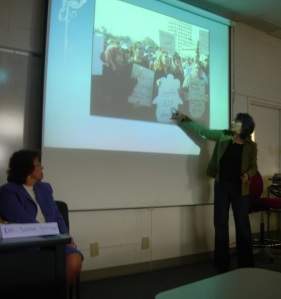
The instructors who participated in the forum all hailed from different countries. They included Dr. Sonia Ghattas-Soliman (Egypt), Jiryes Haddad (Jordan), Yousra Quideimat (Palestinian territories) and Zahara Samir (Morocco).
Ghattas-Soliman began the presentation by noting that when most outsiders think of the Middle East, the first thing that comes to mind is oil. However, she argued that strategic waterways, including the Suez Canal, are of equal strategic importance.
Zahara Samir followed with a brief presentation on Morocco, a country on the northwest coast of Africa. Since February 20 of this year, its cities have been the sites of political protest gatherings held every Sunday. The Moroccan government said 37,000 people participated in the first protest – a gross underestimate, according to Samir.
She described social conditions in Morocco which resembled those in other Arab nations such as Tunisia and Egypt: a government that maintains tight political control over its people, a tiny economic elite that uses its political pull to amass huge fortunes, and a large population discouraged by high unemployment and dreary economic prospects, especially among young people. All of these factors help explain political unrest, according to Samir. One important demand of the demonstrators was to be treated as citizens, not as subjects of a monarchy.
In the sometimes freewheeling session that followed, the presenters and the audience discussed a wide range of issues and questions. Were the protests fueled by anti-Americanism? Haddad answered that the protesters were simply seeking freedom and dignity. Did the Saudi Arabian government treat its people better than its neighbors (and thus avoid what happened in Egypt)? Some audience members believed it did; others strongly disagreed. Should America use its military to create a no-fly zone in Libya? Haddad argued that U.S. failure to do this was a “crime” that enables Libyan leader Moammar Gadhafi to bomb his own people in order to stay in power.
Predictably some of the discussion was taken up by perennial Middle East controversies, including the Israeli/Palestinian conflict (the only solution, according to Haddad, is two side-by-side states). The situation in Iraq was also discussed, with at least one student arguing that the Iraqi people were better off under U.S.-deposed dictator Saddam Hussein, and that Iraq’s current government gave too much freedom to “the wrong people.”
Perhaps the key question posed by an audience member was when if ever Arab countries such as Egypt would have a “secular democratic system. “ Ghattas-Soliman argued that the “hardest thing is to change people’s minds” and that habits ingrained by years of autocratic rule might take a long time to overcome. Samir said that secularism was not a foreign concept for Arabs and that she strongly “resented” the idea that this goal should simply be written off because the Arab people were not ready or unsuited for living in a democracy.
Haddad noted that the Egyptian people had already taken a large step in that direction by compelling Mubarak to step down “without breaking a window.”
Event organizers Youssef Al-Shanti and Megan Meyer, president and vice president of the Grossmont Arabic Club, expressed satisfaction at how the forum turned out and said there was a good chance they would sponsor similar events in the near future.
*
Dudley is editor-in-chief of the GC Summit. He may be contacted at [email protected]


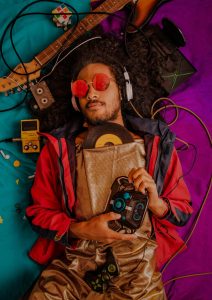



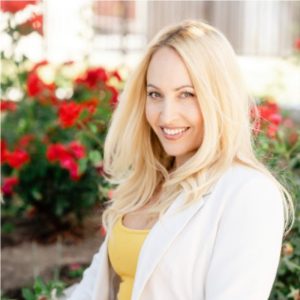
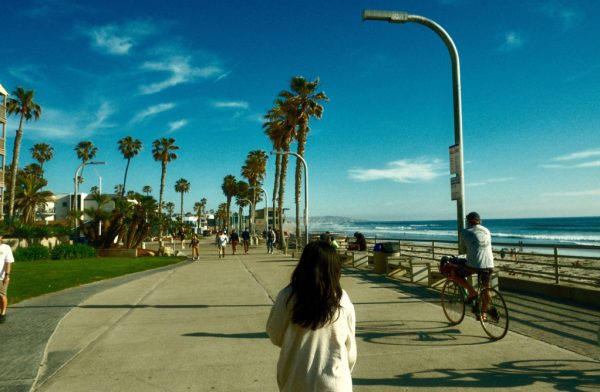
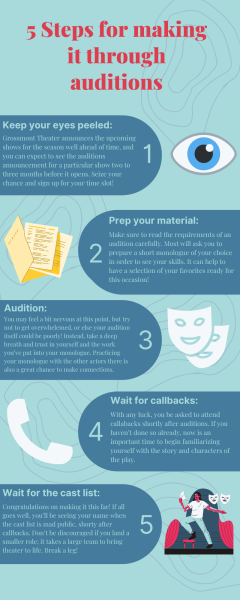
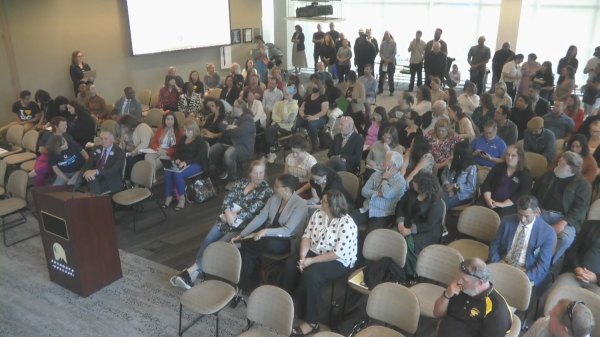
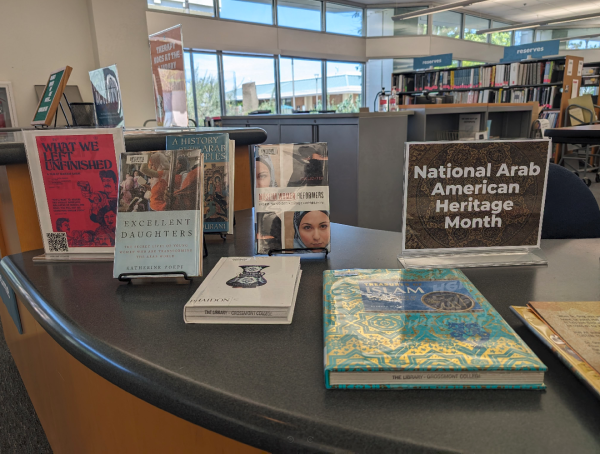

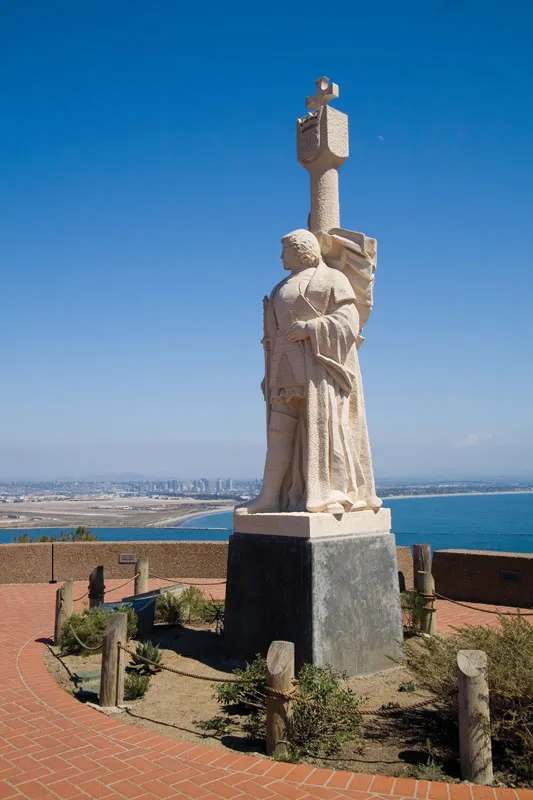
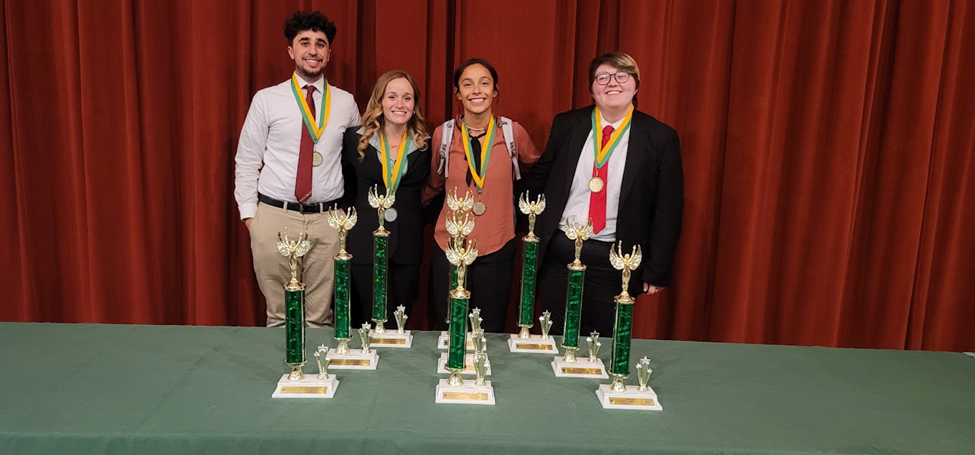


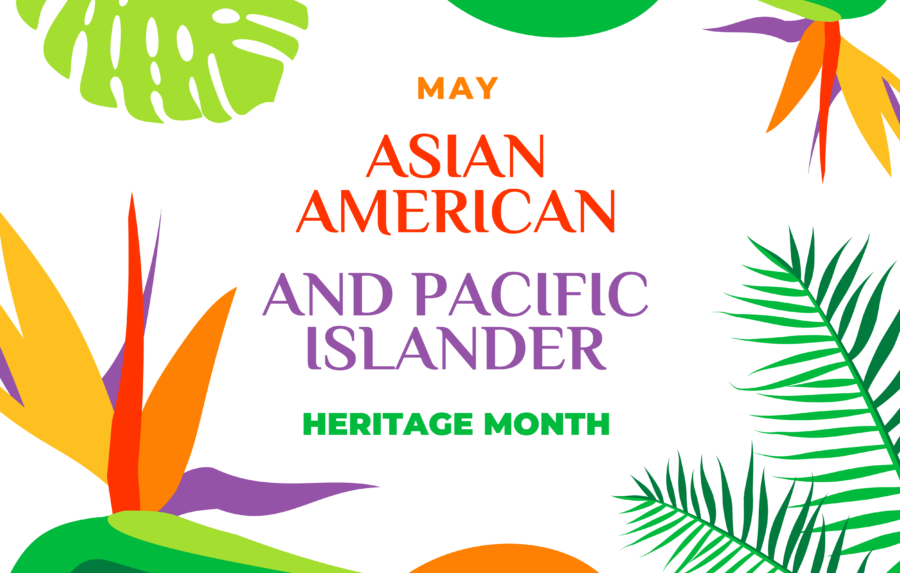

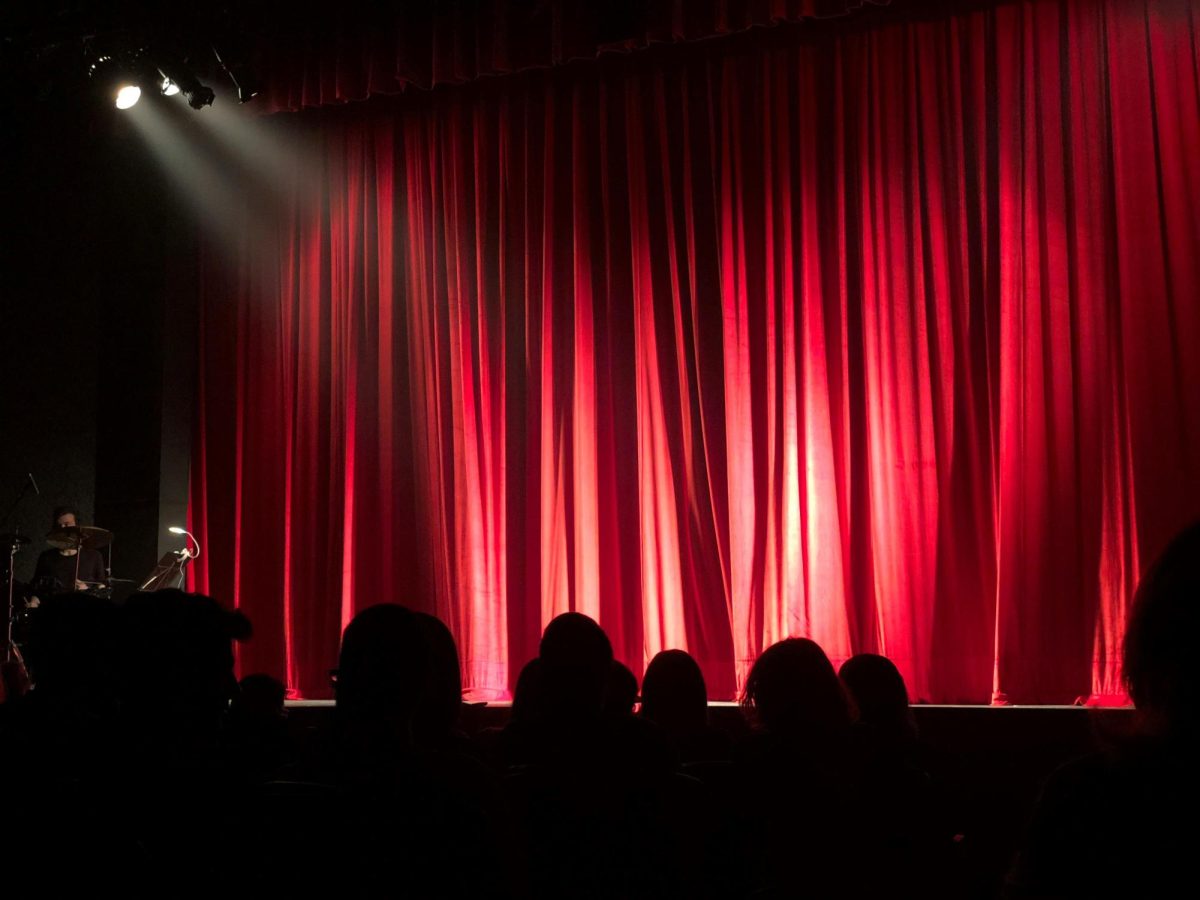
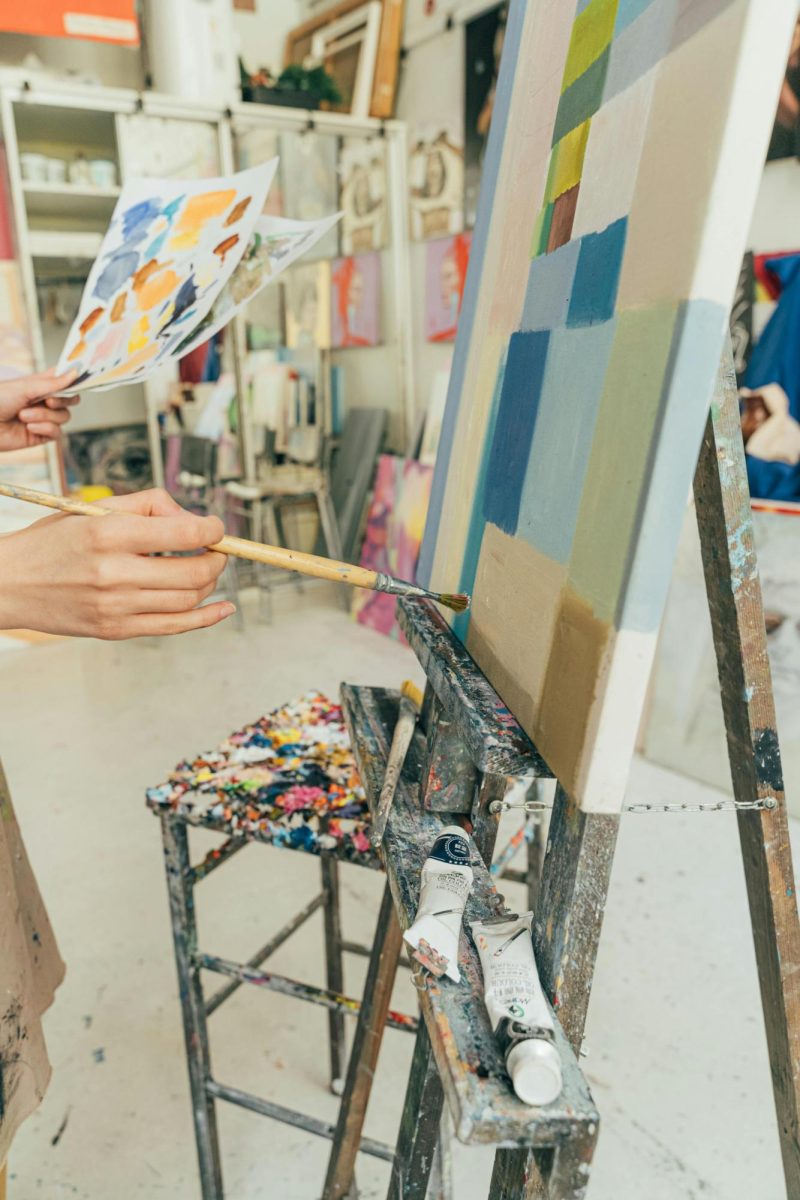
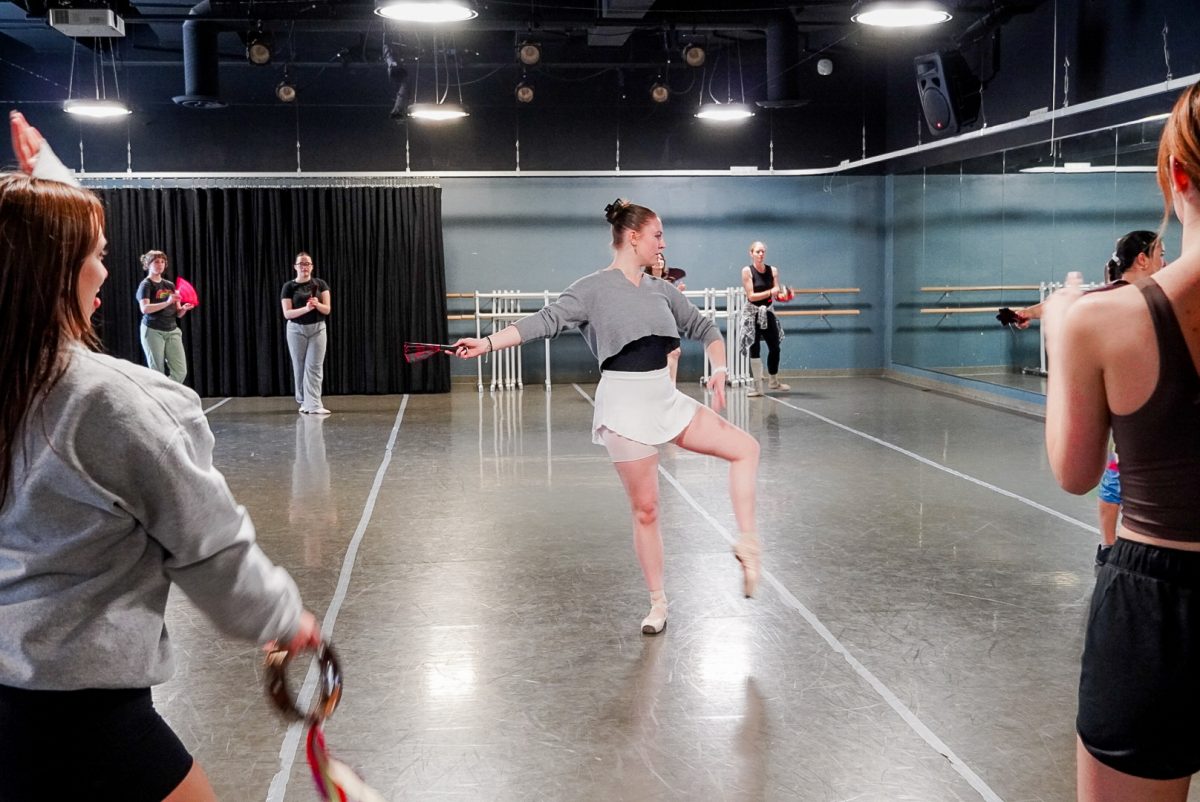
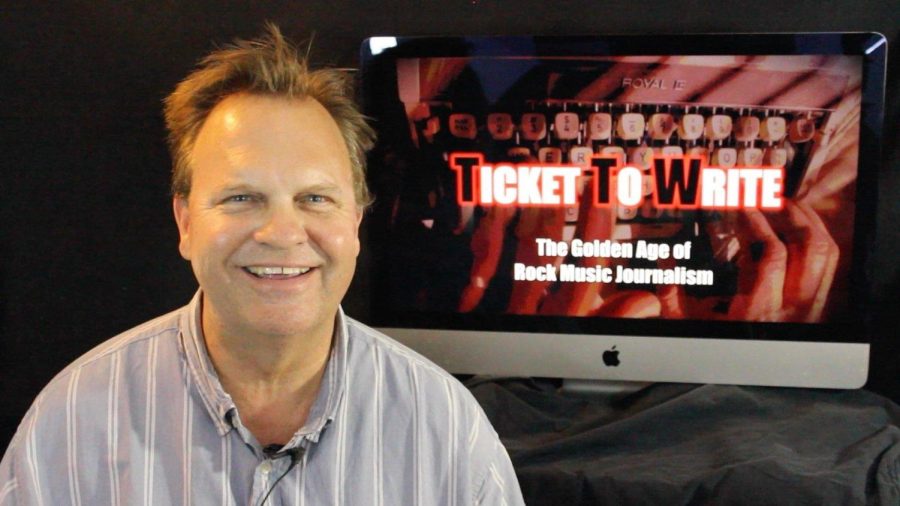

williamrd • Mar 8, 2011 at 9:58 pm
Sonia
thanks for reading and writing….sorry for the typo, it and the “decades” reference have been fixed.
william d
Sonia Ghattas-Soliman • Mar 8, 2011 at 3:01 pm
Dear William,
I like to thank you for taking part to our Q & A seesion and for reporting our event, as well. It was a pleasure having you with us.
On another note, in answer to the “secular democratic system” question, my answer was a little different. I mentioned that Egypt’s government has always been a secular one. However, when it comes to “democracy”, its application will take a *little bit longer because “the hardest thing is to change people’s minds”.
* not decades
In the same paragraph, you’ll notice a typo error of my name.
Thank you again; we hope to see you at more upcoming sessions.
Sonia Ghattas-Soliman